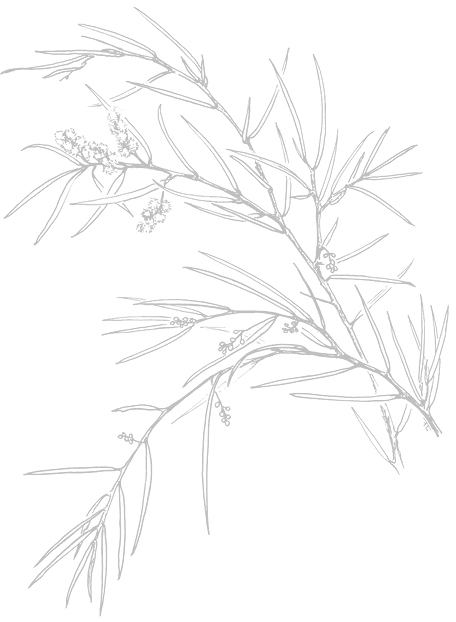
Scientific Name: Colobanthus affinis
Common Name: alpine cupflower
Family Classification (Clade): Eudicots
Family: Caryophyllaceae
Form Description: Densely tufted perennial herb, leaves linear, more or less limp and pointed, about 5cm long, not ending in a hair.
Height (m): 0.15 – 0.3
Flowers: Borne on stalks slightly longer than leaves. Small, no petals, white/cream sepals, usually 5.
Fruit: Capsule opening by as many valves as sepals. Seeds numerous.
Municipality
Plant Communities
Habitat Notes
Recorded from Port Davey and the Hampshire Hills.
Site Tolerance
Exposed, Moist, Windy
Soil Tolerance
Fertile, Loam, Well-drained
Frost Tolerance
Hardy
General Notes
Not often cultivated but could be used amongst boulders or other low growing plants. Requires moist, well drained soils, rich in organic matter. Will tolerate full sun or partial shade. There has been some success in establishing these slow-growing plants in cultivation by providing constant moisture in the area of the root system. This can be done by preparing a cone-shaped hole about 1m deep, 2m in diameter. Hole lined with heavy-duty black plastic sheeting and drainage holes provided at about 0.5m deep. Place peat moss in the hole to just above the drainage holes and fill the hole with a mixture of equal parts good quality loam, sand and peat moss. Regular watering may be required in hot weather. Bog gardens can also provide suitable conditions.
Propagation Calendar
-
Flowering Month
Jan Feb Mar Apr May Jun Jul Aug Sep Oct Nov Dec -
Seed Collecting Month
Jan Feb Mar Apr May Jun Jul Aug Sep Oct Nov Dec -
Sowing Month
Jan Feb Mar Apr May Jun Jul Aug Sep Oct Nov Dec -
Cutting Month
Jan Feb Mar Apr May Jun Jul Aug Sep Oct Nov Dec
Propagation Method
Seed Information
Seed Treatment Method
Standard Scatter seed thinly on to damp potting mix. Hold seed in place by covering with more potting mix to approximately the depth of the seed size.
Cutting & Division Information
Can be grown from cuttings.